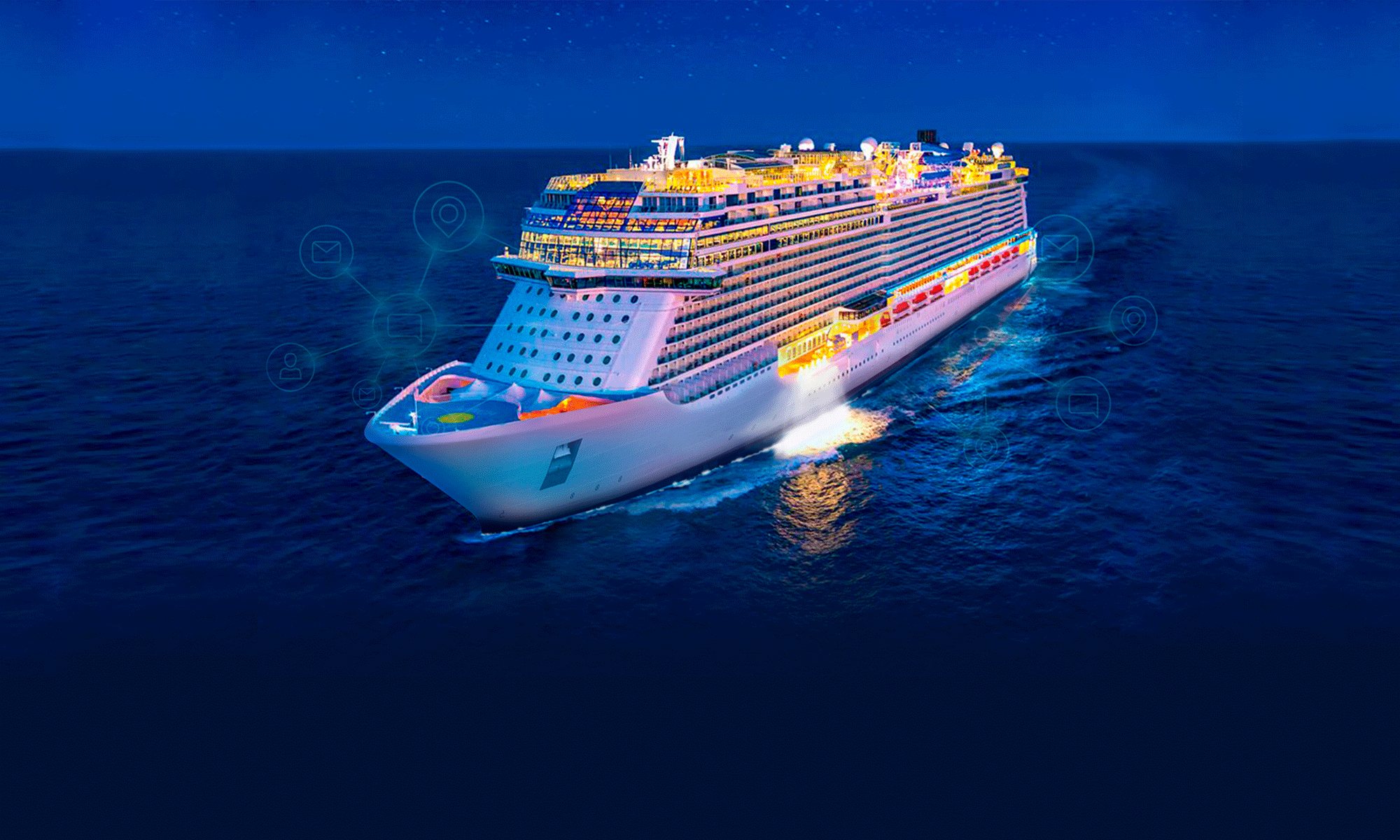For seafarers and ship operators, injuries and illnesses on board ships are a harsh but inevitable reality. Immediate medical assistance is typically restricted to the first aid skills of the crew, the supplies in the ship’s medicine cabinet, and the instructions provided by the International Medical Guide For Ships and the associated Medical First Aid Guide for Use in Accidents Involving Dangerous Goods (MFAG) or whatever other reference books are transported on board. However, this is not always the case for some passenger ships that require licensed doctors on board.
Several services already provide a cutting-edge telemedicine service for ships, although commercial ship penetration is still a long way off. The service providers, or maybe facilitators, come from a variety of backgrounds. Some medical professionals work for free or with donations, whereas others are equipment suppliers.
netTALK is one of the companies at the forefront of advancing medical assistance on cruise ships. The crew and passengers can download a mobile app from netTALK Maritime to track their vital signs on their phones. It securely transmits data from network-enabled, medically approved electronic health monitoring devices using end-to-end encryption and alerts the medical staff when findings are aberrant. Managing vital signs from persons who are under quarantine is much easier thanks to this feature.
Let’s dive into the various areas where telemedicine is developing in the shipping industry and how it functions on board.
Wearable Tech and Contact Tracing
The shipping industry has been vital in progressing the latest contact-tracing solutions, particularly in wearable tech. This enables health authorities to get ahead of COVID-19 outbreaks much faster than at the onset of the pandemic in 2020. Officials on board can send notifications to guests who have potentially had contact with someone who is COVID-19 positive.
Although wearable technology has long been utilized in hospitals, the hospitality sector has just started to realize its full potential. Some smart wristbands are being used to address other purposes, such as onboard communication, in addition to being a location analytics tool and digital wallet/keycard. Several significant cruise lines utilize our technology to store passenger medical information and as an instant messaging platform so that all passengers may receive wireless communications while at sea.
Supplies and Medical Administration
One issue that can occasionally be neglected or ineffectively managed is ensuring the ship’s medical chest is adequately stocked with current medications. A workable option is a service like the ShipMed Safety System provided by the Norwegian business Medi3. The vessel is kept many steps ahead of current compliance standards thanks to value-added services and the cloud-based software system, which guarantees regulatory compliance at all times.
To provide the medical staff in charge of the medical institution a stronger sense of control and peace of mind, it also contains medical supplies, log and buying reports, to-do lists, and a separate report on drugs. Additionally, the system offers films displaying various medical treatments as well as fast references for the medical equipment required for certain ailments.
There’s no doubt that the COVID pandemic has increased the use of remote medical aid on land while at the same time drawing attention to the difficulties experienced by seafarers who may have previously been denied access to off-shore services. Further examination via video connection, for example, can hopefully be adapted for marine usage when we know more about its effectiveness.
By: netTALK Maritime www.nettalkmaritime.com
